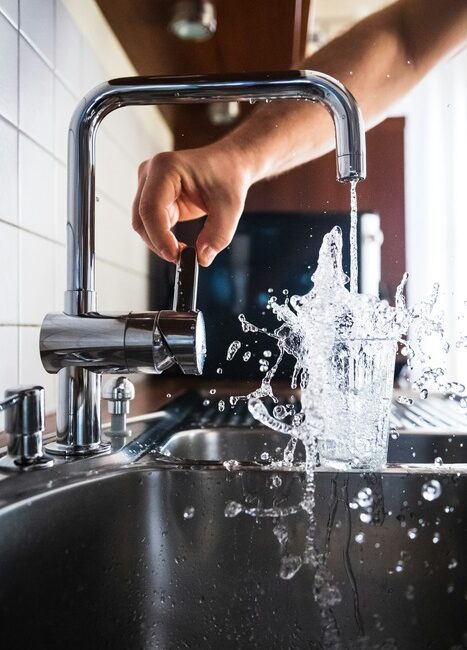Plumbing repair is a task many homeowners attempt to tackle on their own. While DIY projects can be rewarding and cost-effective, they can also be fraught with pitfalls if not done correctly. Whether you’re fixing a leaky faucet or unclogging a drain, avoiding common mistakes is crucial. Here’s a guide to the top 10 plumbing repair mistakes and how you can avoid them.
Common Plumbing Repair Mistakes
1. Using the Wrong Tools
Choosing the Right Tools for Plumbing Repair
One of the most common mistakes in plumbing repair is using the wrong tools. Many people think they can get by with basic household tools, but plumbing often requires specialized equipment. For instance, using a regular wrench instead of a pipe wrench can damage fittings and pipes.
2. Ignoring Leaks
Why Timely Plumbing Repair is Essential
Ignoring leaks, even small ones, can lead to significant water damage and higher utility bills. It’s essential to address leaks as soon as they are detected to prevent more extensive damage.
3. Over-tightening Connections
The Balance in Plumbing Repair Tightening
A common rookie mistake in plumbing repair is over-tightening connections. This can strip threads, crack fittings, and cause leaks. Remember, snug is sufficient; over-tightening often does more harm than good.
4. Forgetting to Turn Off the Water Supply
The First Step in Any Plumbing Repair
Always turn off the water supply before beginning any plumbing repair. Failing to do so can result in water damage and a big mess to clean up. Locate your home’s main shutoff valve and any local shutoff valves for individual fixtures.
5. Using Chemical Drain Cleaners
Safe Alternatives for Plumbing Repair
Chemical drain cleaners might offer a quick fix for clogged drains, but they can also damage your pipes, especially if used frequently. Opt for a drain snake or a mixture of baking soda and vinegar as a safer alternative.
6. Incorrectly Installing Fixtures
Proper Fixture Installation in Plumbing Repair
Installing fixtures incorrectly is another frequent mistake in plumbing repair. Ensure you follow manufacturer instructions carefully and double-check your work. Improper installation can lead to leaks and other issues down the line.
7. Skipping the Plumber’s Tape
The Importance of Plumber’s Tape in Plumbing Repair
Plumber’s tape, or Teflon tape, is essential for creating a watertight seal on threaded pipe connections. Skipping this step can result in leaks and loose connections. Wrap the tape around the threads a few times before connecting pipes or fixtures.
8. Misdiagnosing the Problem
Accurate Diagnosis in Plumbing Repair
Accurately diagnosing the problem is key to effective plumbing repair. Jumping to conclusions without thoroughly investigating can lead to improper fixes and recurring issues. Take the time to understand the root cause before attempting repairs.
9. Failing to Comply with Local Codes
The Role of Codes in Plumbing Repair
Plumbing codes exist to ensure safety and functionality. Ignoring them can lead to dangerous situations and costly fines. Always check local plumbing codes before starting any repair or installation project.
10. Not Knowing When to Call a Professional
Recognizing Your Limits in Plumbing Repair
While DIY plumbing repair can save money, it’s crucial to know your limits. Complex issues like sewer line problems, major leaks, or water heater repairs are best left to professionals. Don’t hesitate to call a plumber when the job is beyond your skill level.
FAQ About Plumbing Repair
What are the most common plumbing repair mistakes?
The most common mistakes include using the wrong tools, ignoring leaks, over-tightening connections, not turning off the water supply, using chemical drain cleaners, incorrectly installing fixtures, skipping plumber’s tape, misdiagnosing problems, failing to comply with local codes, and not knowing when to call a professional.
How can I avoid plumbing repair mistakes?
To avoid mistakes, use the right tools, address leaks promptly, don’t over-tighten connections, always turn off the water supply, avoid chemical drain cleaners, install fixtures correctly, use plumber’s tape, diagnose problems accurately, comply with local codes, and recognize when to call a professional.
Is DIY plumbing repair advisable?
DIY plumbing repair is advisable for minor issues if you have the right tools and knowledge. However, for complex problems, it’s best to hire a professional plumber to ensure safety and proper repairs.



